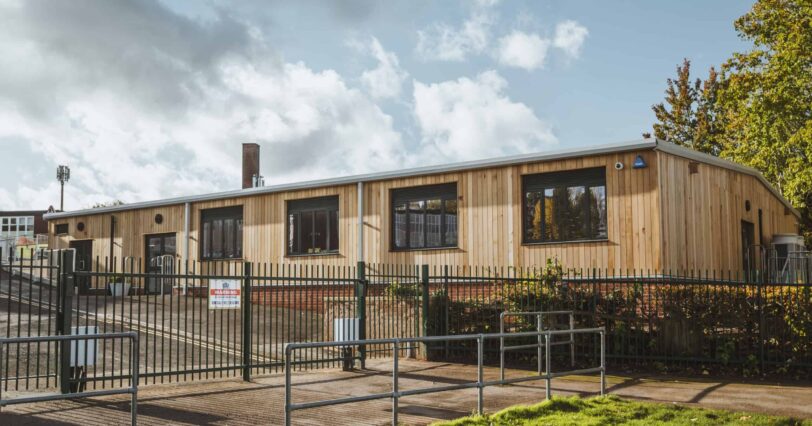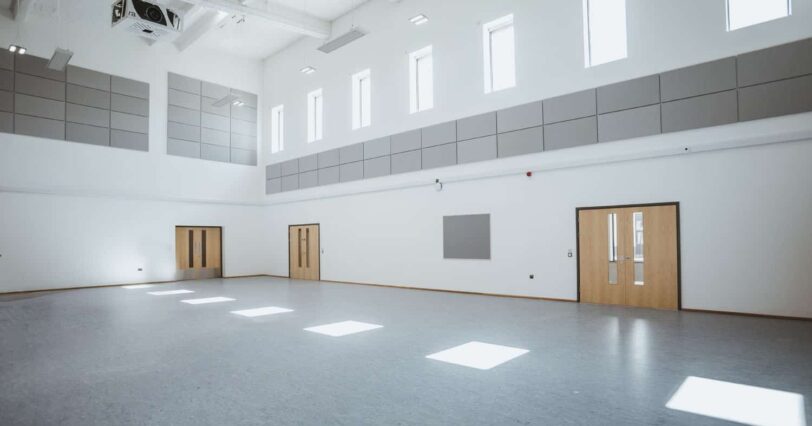On Friday 15th February 2019, thousands of students from schools, colleges and universities all around the UK went on strike. Why? Because they want climate change to be taken seriously – calling on the government to take active steps to tackle the growing problem.
The Youth Strike 4 Climate movement has gained significant momentum since August 2018 when 16-year-old Greta Thunberg held a solo protest outside the Swedish parliament. Now, up to 70,000 students have held weekly protests in 270 towns and cities worldwide as part of a much wider global movement called Schools 4 Climate Action.
Four demands
Anna Taylor from the UK Student Climate Network said: “Unless we take positive action, the future’s looking bleak for those of us that have grown up in an era defined by climate change.” According to the group, there are four key demands:
- The government should declare a ‘climate emergency’
- The government should also inform the public about the seriousness of the situation
- The national curriculum should be reformed to include ‘the ecological crisis’
- The age of voting should be lowered to 16 so younger people can be involved in decision-making around environmental issues
The strikes have also had the full support of former UN climate chief Christiana Figueres, who led the historic 2015 Paris agreement. She sees the strikes as a “sign that we are failing in our responsibility to protect them from the worsening impacts of climate change” and urged adults to take immediate action.
Future impact
The movement has certainly sparked a wider general discussion around climate change. But will it actually make a difference? In Europe, the strikes have already made a powerful impression. With all the Belgian political parties forced to take a stand on the climate issue. And many believe the same can happen in the UK – particularly if the government is serious about winning over the next generation of voters.
Although the full impact and outcome of the strikes remain to be seen, one thing is clear: climate change is happening now. Meaning we can no longer ignore the summer heatwaves, increasing number of forest fires and rising emissions.
This is clearly an incredibly important issue for the younger generation – and rightly so. After all, they are the ones who stand to lose the most from catastrophic climate change. Yet they have been excluded from the most serious conversations. And although the government must shoulder a huge amount of the responsibility when it comes to tackling climate change, we can all do our part to help build a brighter and more sustainable future for these students.
With the students
Governments need to act to reverse climate change. But, for now, businesses like ours and these students are on the frontline of this challenge. At NetZero Buildings, we’re committed to developing zero-carbon school buildings which are kinder to the environment.
We’re making a difference by developing buildings that actually reverse climate change (the net carbon contribution of our buildings is substantially negative), generating clean energy and revenue through integrated renewable energy sources instead. Our proprietary and award-winning school building design is now also the UK’s leading energy-efficient educational building programme.
But we can do much more. And we will do so by continuing our research, pushing boundaries and constantly moving our mission forward to reduce our environmental impact on the planet.
To find out how we can help reduce the environmental impact of your existing or future school buildings, please get in touch today.







